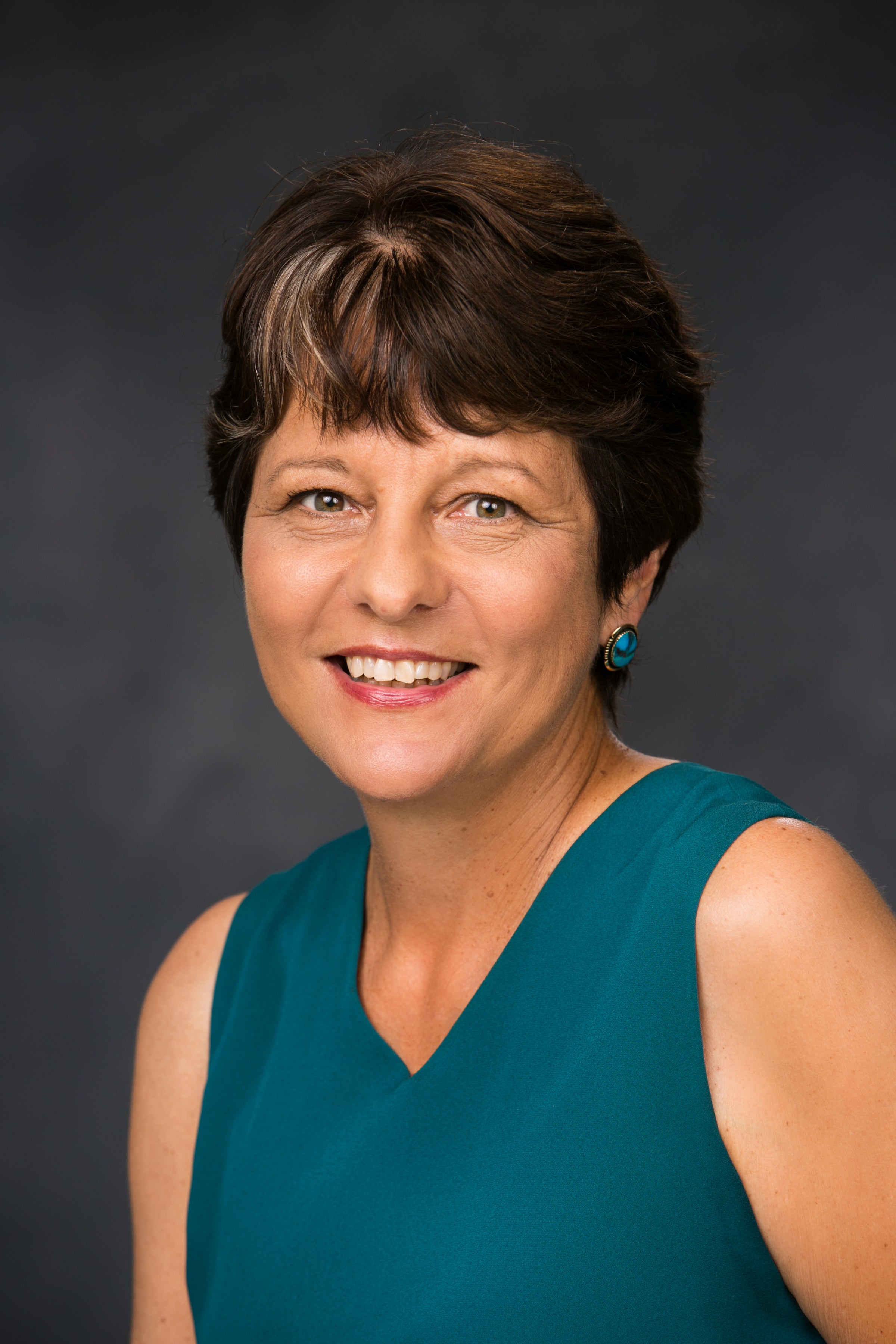Stories about your parent’s childhood are usually life lessons hidden as clever anecdotes providing a glimpse into a time past. However, for K. Tsianina Lomawaima, a professor at Arizona State University’s School of Social TransformationThe School of Social Transformation is an academic unit of the College of Liberal Arts and Sciences., they helped provide the basis for her research in Indigenous studies.
“My dad and his brother grew up at one of the off-reservation boarding schools run by the federal government,” Lomawaima said. “He told me and my sister some interesting stories from school.”
Those same stories that lead her to research the relationship between the federal government and American Indian sovereignty have also lead to recognition from the American Educational Research Association and the National Education Association for her research.
Her father’s stories about the Chilocco Indian School in Oklahoma piqued her attention about American Indian boarding schools run by the federal government. However, Lomawaima, pictured at left, was frustrated by both a lack of research into what the topic meant and the one-sided nature of most research.
“At the time, most of the research presented the narrative of Natives as victims and I knew there was more to this story,” she said. “Although [my dad] had a very negative experience there, he looked back and said there were some useful things he learned there too.”
Lomawaima confirmed the role Indian boarding schools played in federal policies designed to “erase and replace Indian culture” by training American Indian students to be “better” citizens of the United States. However, she also revealed how American Indians used the schools to create their own intellectual spaces.
Lomawaima used her first investigation into Indian boarding schools to learn more about the political context in which these schools operated. Her subsequent studies about Indian boarding schools have shaped more than the discussion about Native American education, they have also shed more light about the relationship between American Indians, their tribes and the federal government.
“You get a very different view of things looking at the rhetoric of policy, the reality of practice, and how Native Americans experienced it,” Lomawaima said.
Over the past thirty years, Lomawaima’s research focused on the debates surrounding the definition of American citizenship and how public policy shapes that discussion. In particular, she studies how these debates in the early 20th century shaped our view of American Indians as citizens of the United States.
Her work influences many of her colleagues and peers.
While considered a giant in the field of Indigenous studies, Lomawaima continues to support and mentor future generations of scholars. Bryan Brayboy, the ASU President’s Professor of Indigenous Education and Justice and a colleague of Lomawaima’s in the School of Social Transformation, describes Lomawaima as a mentor who has helped shape his own intellectual growth.
“She helped show me, as an emerging scholar, how to engage with the academic community through her example of rigor and integrity,” said Brayboy. “As a senior researcher, I continue to rely on her for advice and guidance.”
Lomawaima’s contributions to American Indian scholarship, in addition to drawing respect from her colleagues, are drawing recognition from communities of scholars too. This year, she was appointed as a Fellow of the American Educational Research Association. She also became, with Henrietta Mann, one of the two first American Indians elected to the National Academy of Education.
The recognition is nice, but as an Indigenous historian Lomawaima wants to continue her research about how public policy shapes our conception of American citizenship and how people experience these notions of citizenship. For her, this research extends beyond Indigenous peoples.
Top photo: American Indian girls pray beside their beds at the Phoenix Indian School in 1900. Photo courtesy of Wikimedia Commons
More Arts, humanities and education

ASU’s Humanities Institute announces 2024 book award winner
Arizona State University’s Humanities Institute (HI) has announced “The Long Land War: The Global Struggle for Occupancy Rights” (Yale University Press, 2022) by Jo Guldi as the 2024…

Retired admiral who spent decades in public service pursuing a degree in social work at ASU
Editor’s note: This story is part of coverage of ASU’s annual Salute to Service.Cari Thomas wore the uniform of the U.S. Coast Guard for 36 years, protecting and saving lives, serving on ships and…

Finding strength in tradition
Growing up in urban environments presents unique struggles for American Indian families. In these crowded and hectic spaces, cultural traditions can feel distant, and long-held community ties may be…

